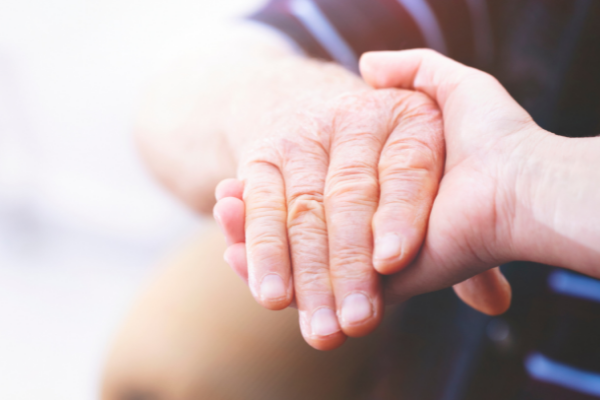We're hiring! if you'd like to join one of our award winning teams, read more on our Careers page.
When someone you love has passed away, the last thing you will be thinking about is debt. However, there are many misconceptions about debt and inheritance, and it is essential to understand the position.
Many people believe that when a person dies, the debt dies with them. This is not the case. Similarly, it is a widely held belief that family members are personally responsible for paying debts but again, this is not often true. In this post, we take a look at what happens to a person’s debts after they pass away.
What happens when there are debts on an estate?
A person’s estate is made up of all of their assets at the date they passed away. This can include their home and any other property owned, personal possessions, cash in bank accounts, investments and business interests. When a person passes away with debts, the debts should be paid from the estate. Family members, executors and administrators are not personally liable for the debt. It is the role of the executor or administrator to find out what debts there are and work out whether there are enough assets in the estate to cover them. When there is not enough to cover every debt, creditors will be paid out in a certain order until all of the money is gone.
What is the order of priority for debts on an estate?
Funeral costs and estate administration expenses are the first debts to be covered before an executor pays any other debts from the estate. Once a grant of probate is obtained and money has been collected in to the estate, the process of paying the remaining debts can begin. All debts must be settled before any money is distributed to those named as beneficiaries in the will. The order in which debts must be paid is:
- Secured debts (for example, mortgage repayments)
- Priority debts (such as income tax and council tax)
- Unsecured debts (such as credit cards and utility bills)
This hierarchy ensures the most important are paid off first.

What happens if a debt is held in joint names?
Where a debt is held in joint names the surviving party who is named on the lending documentation will take on liability for the full outstanding amount. This debt will not then be settled from a person’s estate.
Can debt pass to a spouse or civil partner?
Debts cannot be passed on to a spouse or civil partner. The only way this could potentially be possible is if the partner had provided a guarantee on the loan.



 Paul Rothwell
Paul Rothwell
Comments